Many future teachers do not reach the Evening Ten Terms themselves
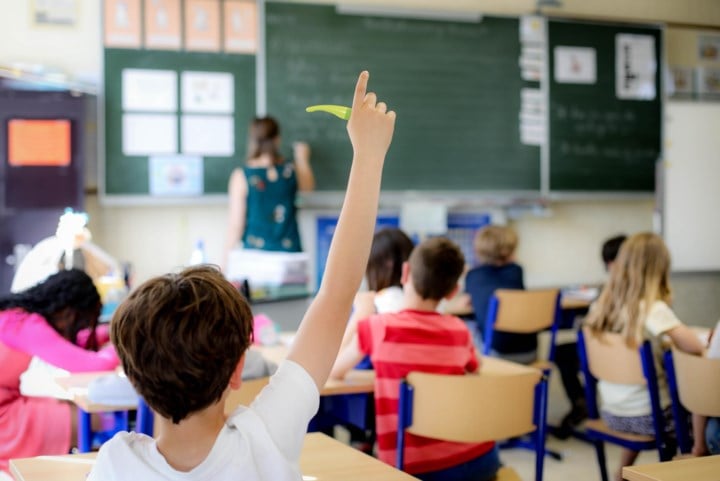
If it depends on Minister of Education Zuhal Demir (N-VA), primary education teachers will teach about two school years about the Gilgamesh epic, the cooperating object, calculating with fractures or Garcia II of Congo. Only that will put a lot of pressure on teacher training courses in the coming years. Many young people who start the training have little ready knowledge, according to the results of the starting test, which The standard could look into.
Students who start teacher training have had to take a test for a few years before the start of the first year. The Dutch test is mandatory for all students – from kindergarten to secondary. Anyone who wants to teach in primary education is also tested for mathematics and French. Depending on the result, remediation is mandatory or recommended.
Especially on mathematics and French, the teachers in Spe score poorly. For mathematics, one in three students does not get half on the test. They are obliged to follow remediation. A third scores just above half and is advised to be remediated. The situation is even more serious for Frans: 43 percent get less than 50 percent, another 27 percent received the advice to follow extra lessons. For French grammar, the average was below half.
Delicate theme
The level of the tests is not high. The starting tests for mathematics and French test the minimum goals or attainment targets of primary education: what children know and can be at the end of the sixth grade. For Dutch, the test is based on the minimum goals for secondary education for double finality, the former TSO. The students are advised not to study for the test, so they get an honest picture of their current knowledge.
The results are better for Dutch. Although there is a pain that also returns to international tests such as Pisa. There are hardly any top performers. Only 2.91 percent of the nearly 7,000 participants score between 85 and 100 percent. Moreover, the scores for students from flow directions – the former ASO – are not much higher than with students from the TSO or KSO. « Nobody scores spectacular, » says someone who was involved in the analysis.
« This is not a blamage for teacher training courses. It only shows how bad the quality of secondary education is today. And what major disadvantaged the training courses should make up for, » says a director of a college.
The tests are an extremely delicate theme. The Flemish Hogescholen Council has explicitly asked the teacher training courses not to communicate about the results. The organization itself does not communicate either. She pushed the hot potato to Minister Demir. But her cabinet also did not want to share the results. It initially even denied that Demir had the results.
Storm to arrive
There are several reasons behind that silence. The colleges fear to end up in a round of Zwartepieten with secondary education. At the same time, the fear of teacher training courses – which are often already put in a bad light – lives in order to come into the picture again. Due to the teacher shortage, every teacher is needed. « And actually this test has little predictive value for delivering good teachers, » says the person involved in the analysis. « It mainly depends on what happens in the teacher training itself. » Various colleges make a movement towards more focus on subject content.
In the coming years, the courses may also wait a storm. As announced in the coalition agreement, Demir is planning a reform of teacher training. No training wants to raise anything now, for fear of seeing her piece disappear from the cake.
The colleges themselves emphasize that they do a lot to pick up the students. They not only offer mandatory packages of thirty hours, but also individual remediation. Thomas More organizes holiday courses Dutch, French and mathematics. Other colleges, such as Artevelde, offer French forty hours or eighty hours of French through a collaboration with adult education.


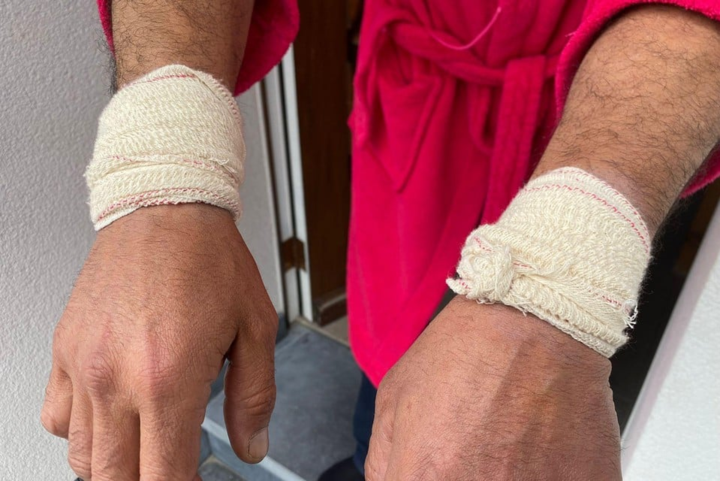
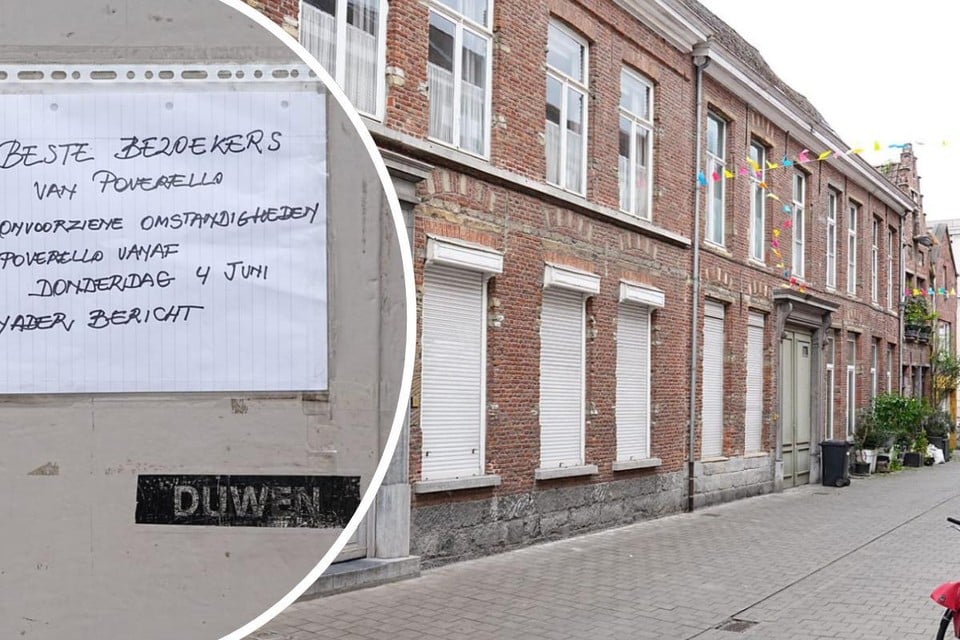
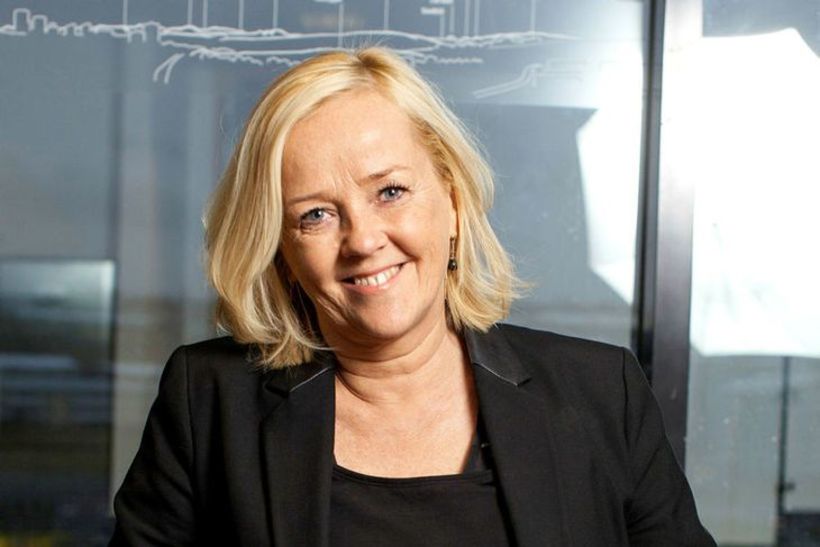
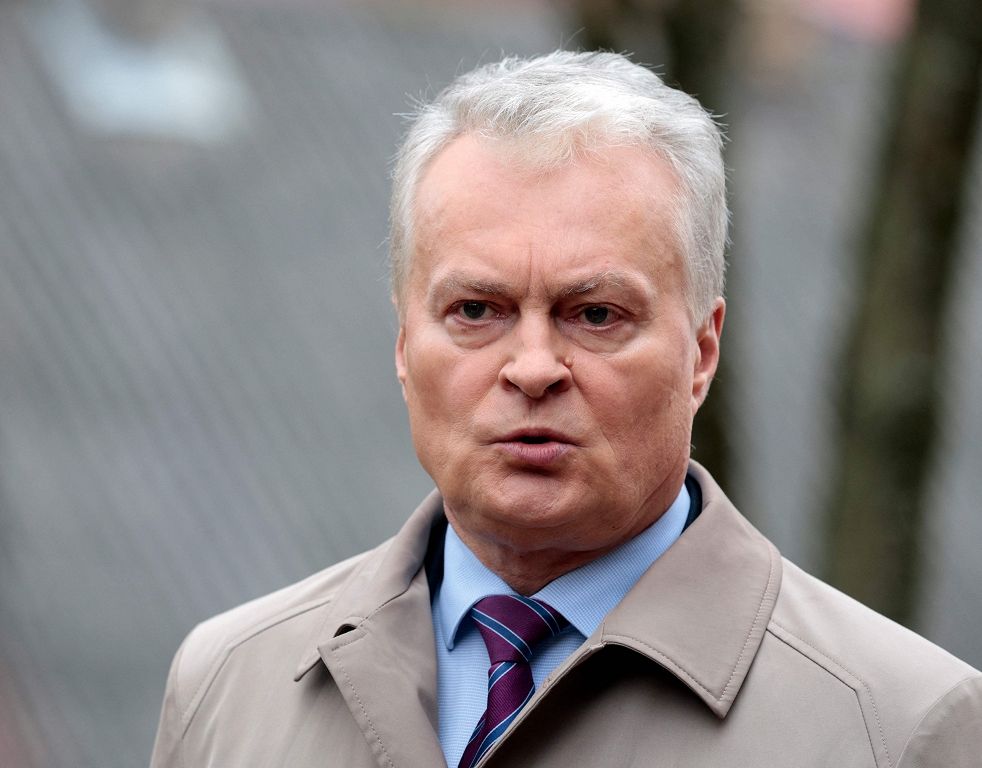
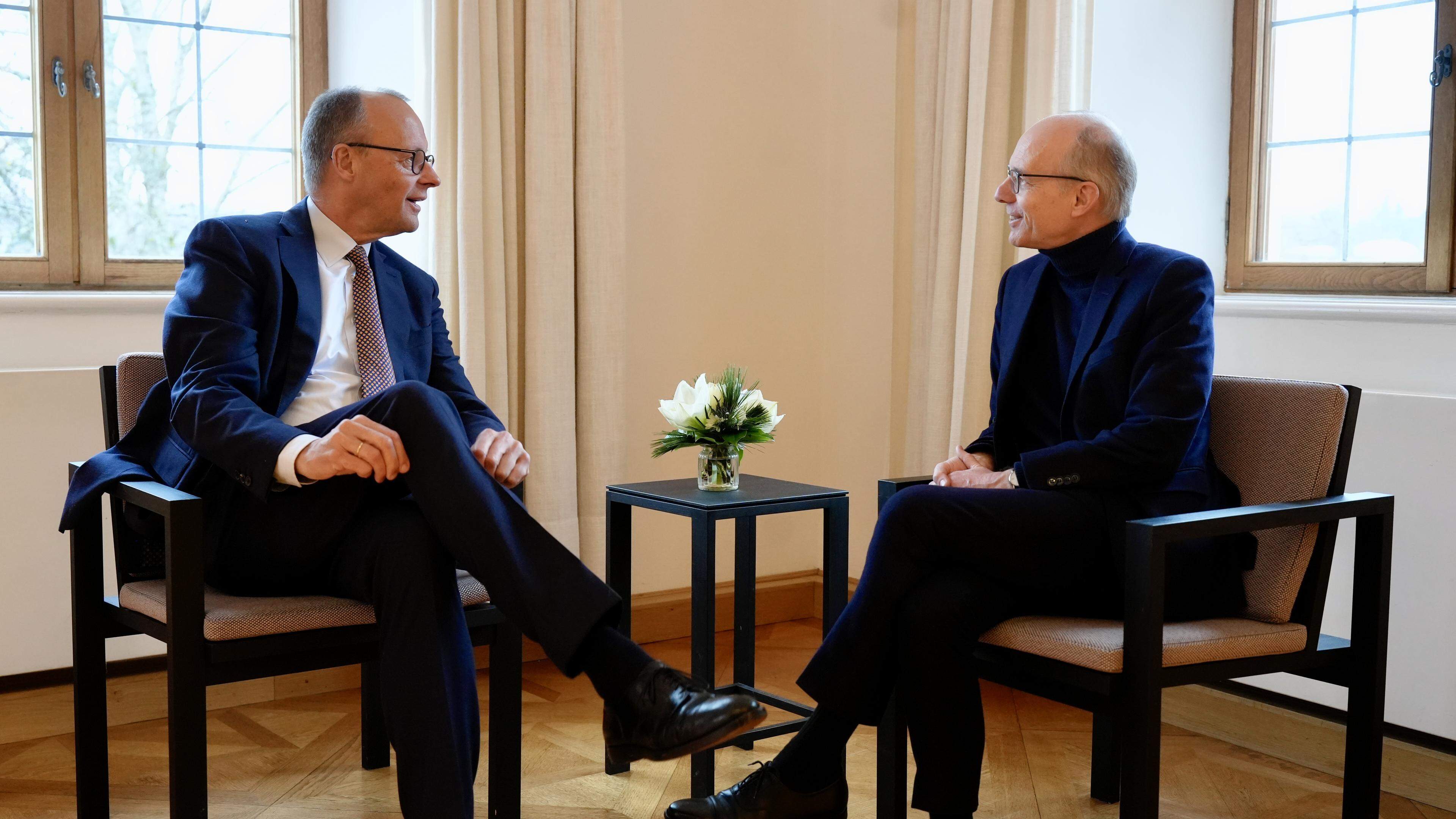
:format(jpeg):fill(f8f8f8,true)/s3/static.nrc.nl/taxonomy/bf9b707-commentaar-itemafbeelding-2024.png)